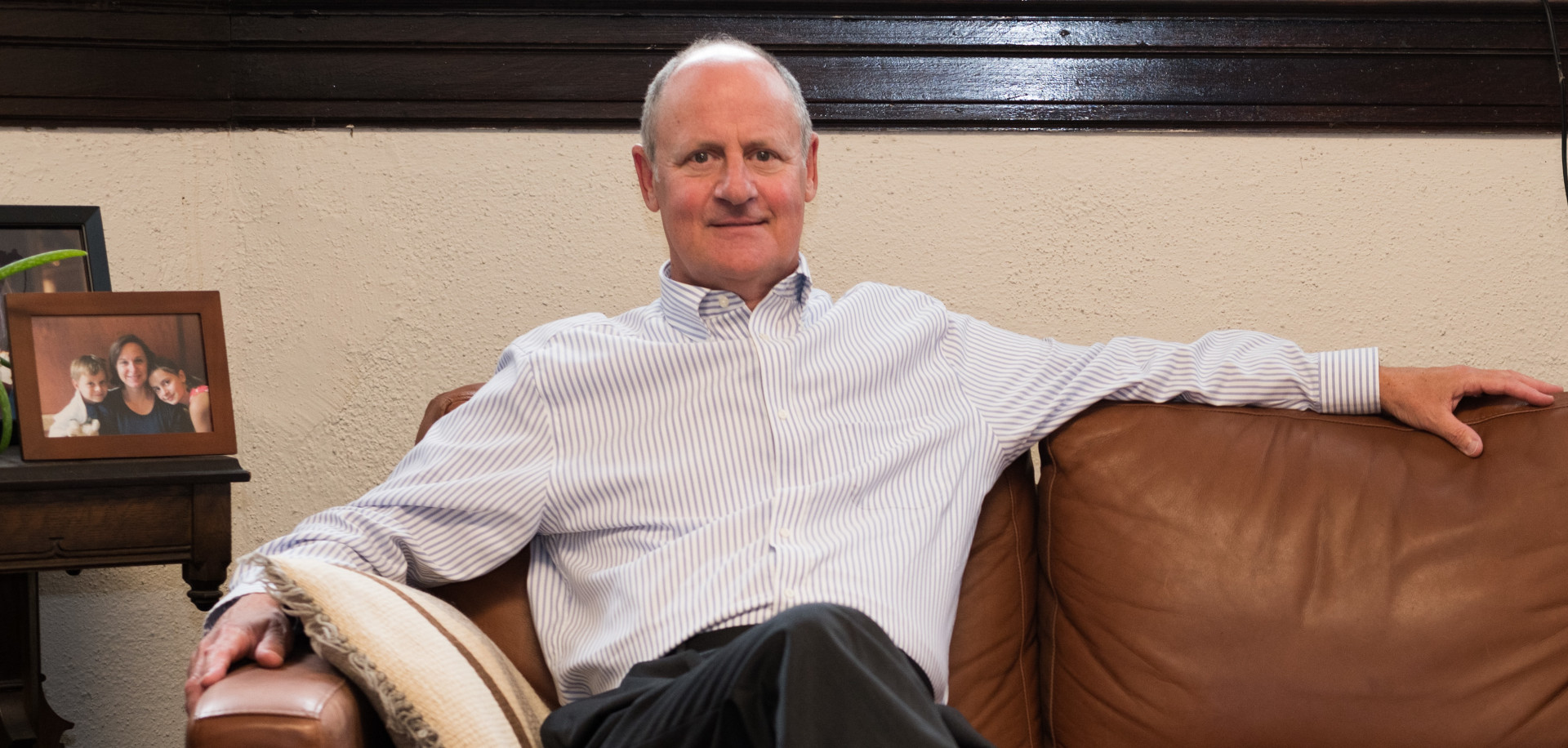Do this, in remembrance of me…
Jesus, at the Last Supper
Dear Friends in Christ,
God is a noun. God is a verb. Faith is a leap. Mission is a marathon. Grace is amazing. The Lord is my shepherd.
Some of the elements of our church and faith are simple to say, and wonderful to ponder. Some truths (such as, God is a verb…) can shape a whole belief system. And while Jesus is very constant with questions, and thoroughly immersed in teaching, prayer, and healing, sometimes he just says something simple, such as “do this.” Do this in remembrance of me. Of course he inspires the repetition of the Lord’s Supper. But also, eat together, celebrate, pray, and serve each other, just for a start. Do this: all of this and more, to remember who we are and whose we are.
On the first weekend in June, the Sunday before Annual Meeting, I told a story in worship that I’ve never told before. It’s not that it was secret, but it never seemed relevant before. It’s a story about a mentor and pastor who was compelled to celebrate communion at gunpoint. This was forty years ago in New Haven, and it’s a complicated story, which is not entirely uplifting. But it’s a true story, about what happens when a church leader or a church is threatened, forced, or compelled to do something or to change something that is sacred or holy or meaningful.
The reason to tell the story is that there is a movement in our nation to force some things on churches right now. To force certain actions sacred to Christians, such as caring for strangers, exiles, and refugees. The new Pope keeps reminding us that Jesus was a refugee, and some don’t like that. But it’s right there in the Bible. More than that, there is movement — likely about to be a successful one — to approve a process to remove the tax-exempt status of churches in a secret process, without public records, or even the knowledge of who, what, why, or when someone proposed any given parish be punished. It could happen to us.
What my mentor, the pastor at gunpoint, did, was make sure that God was part of the conversation. If you heard the story, he asked the man with the gun to kneel with him, so they could both face God. Which is our starting point, too. Face God together, not the gun, and know that this is the first step in discerning our course and our commitments.
None of us appreciate being forced to change something that is sacred or holy or meaningful. But even as Jesus says “do this” with memory, he means us to use the memory to enter the future. He knew, he knows, that while we mustn’t change what is holy, we must change. Change to face each new moment in history, each new tomorrow. And when God is in the conversation, we can do that.
Frankly, this is what our Annual Meeting asks. What will we preserve, and what must we change? How do we honor our past, how will we enter our future? Is not the God who is our hope in ages past also our hope for years to come?
In preparation for our Annual Meeting our paperwork is revealing. The first item on our list of commitments is Missions. Missions comes before building or staff or education or music in our budget. It’s not alphabetical. It’s prioritized. Which is wonderful. We have a new mission coming up soon, too, where USAID funds for maternal health were canceled at a hospital in Haiti where we have colleagues; before long we’ll start an outreach to Konbit Santé, to help women and infants.
Our Annual Meeting invites members and friends to help with Missions, with CE, worship, and our property. It asks us to help with our ministry. So frankly, it asks us to do things in remembrance of Jesus, and to remember that he kept going to new places to address new needs.
There is not exactly a gun to our head. But these are challenging times, so this June, these weeks of planning and building projects together I pray that we all know God is in this mix with us, and we are blessed to be together. Where God is a noun. God is a verb. And we are the body of hope.


